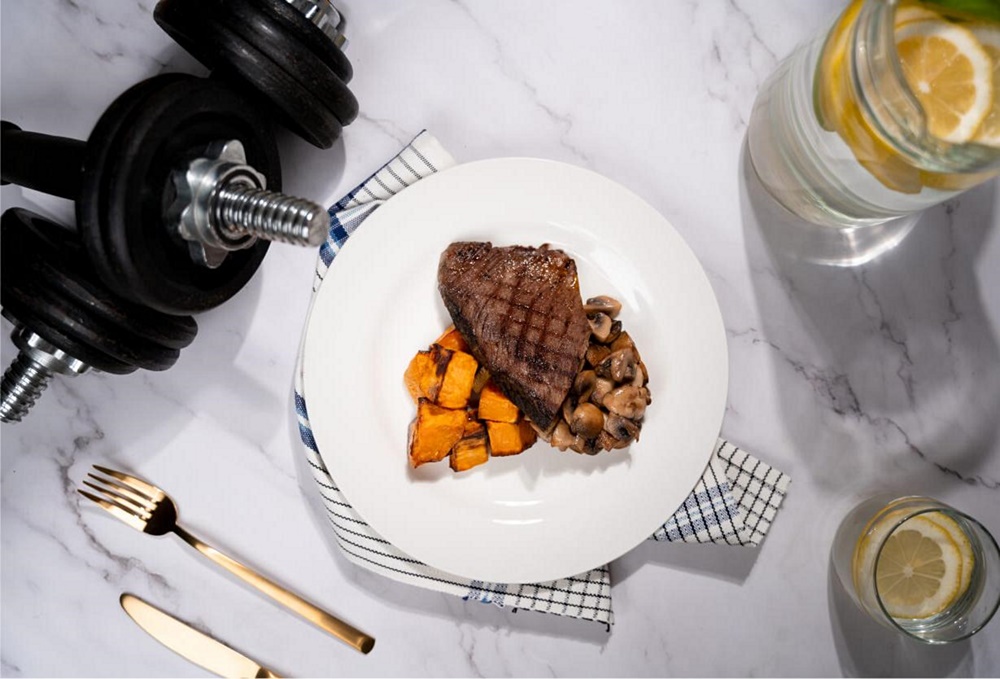Last Updated on: 18th December 2024, 12:30 pm
Nutrition is crucial for muscle development. A caloric surplus, consuming more calories than expended, fuels muscle growth by providing energy for workouts and recovery. Without it, muscle gain is difficult.
- Macronutrients – protein, carbohydrates, and fats – are essential for muscle gain.
- Protein repairs and builds muscle fibers post-workout.
- Carbohydrates fuel exercises and aid recovery.
- Fats regulate hormones necessary for muscle growth.
Understanding these basics is key to effective muscle gain. It’s a combination of nutrition and effort, leading to significant results.
The Importance of Protein
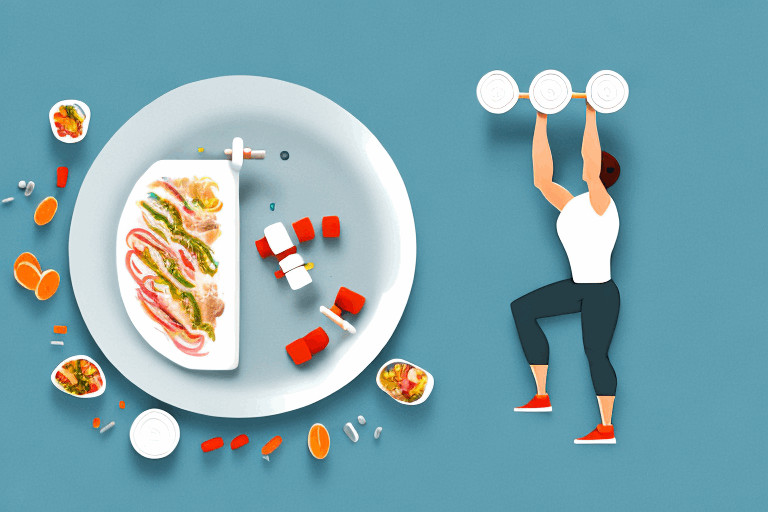
Protein is vital for muscle gain, repairing and building muscle fibers after exercise. It provides the building blocks to mend micro-tears from workouts, facilitating growth and strength.
- Lean meats like chicken and turkey, fish, eggs, and plant-based options such as lentils and chickpeas are excellent sources.
- Consume approximately 0.7 to 1 gram of protein per pound of body weight daily.
A diet rich in high-quality protein is essential for muscle gain, powering growth and strength.
Nutrition Tips for Muscle Gain
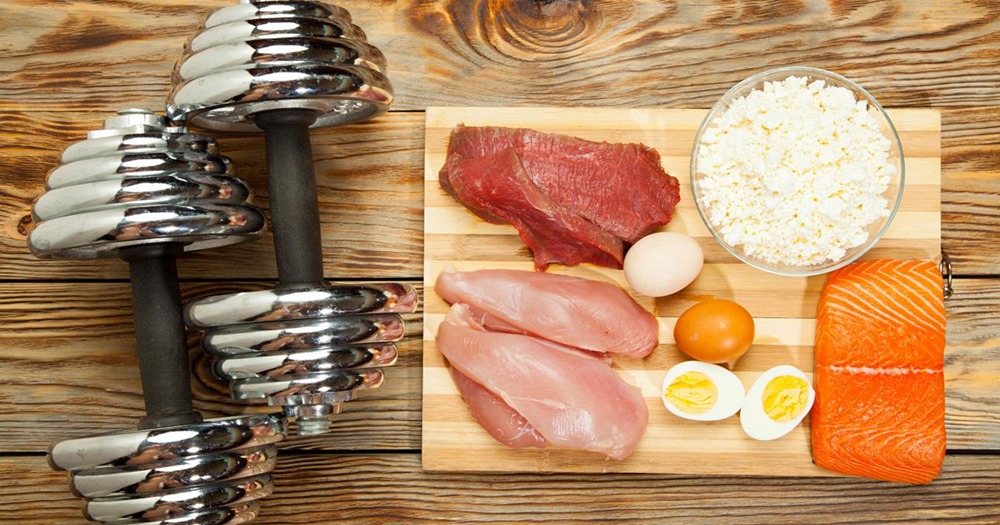
The Role of Carbohydrates and Fats
- Carbohydrates provide energy for workouts and recovery, replenishing glycogen stores post-exercise.
- Fats regulate hormones like testosterone and growth hormone, essential for muscle growth, and support cellular health.
Balancing macronutrients is crucial. A diet should focus on protein, carbohydrates, and fats to support recovery, hormone regulation, and muscle growth.
Timing Your Nutrition for Maximum Gains
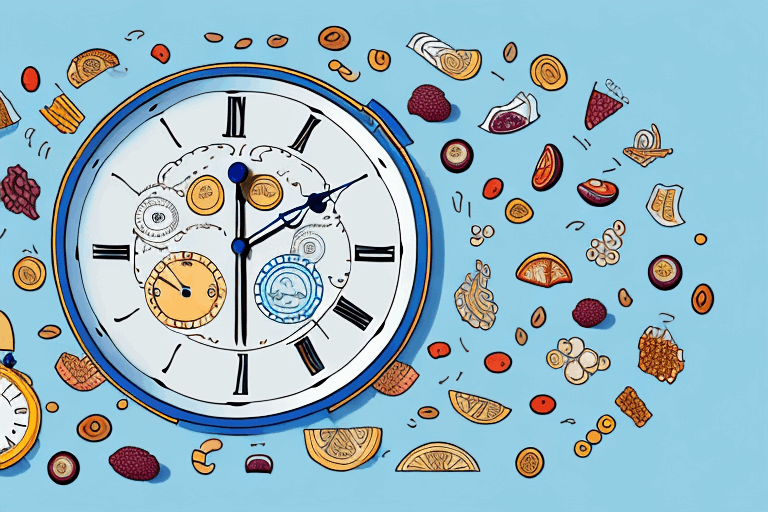
The Anabolic Window: Myth or Reality?
The anabolic window suggests a post-workout period when the body is receptive to nutrients for muscle repair. Consuming protein within 1-2 hours post-exercise can optimize muscle synthesis.
Pre- and Post-Workout Nutrition Strategies
- Pre-workout: Focus on carbohydrates for energy.
- Post-workout: Focus on protein for recovery.
The Impact of Meal Timing on Muscle Synthesis
Regularly spaced, protein-rich meals ensure a steady supply of amino acids for muscle repair and growth, preventing muscle breakdown.
Timing nutrition around workouts can significantly impact muscle synthesis and recovery. Consistency in nutrition strategy is crucial for muscle gain.
Hydration: The Unsung Hero of Muscle Gain
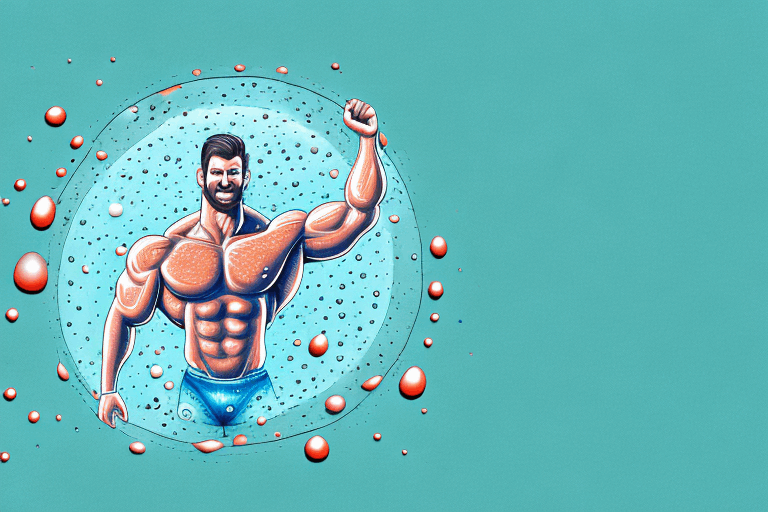
The Role of Water in Muscle Health
Water transports nutrients essential for muscle repair and growth, making hydration critical for muscle mass gain.
How Dehydration Affects Performance and Recovery
Dehydration reduces strength and endurance, increasing fatigue and slowing recovery, hindering muscle repair and growth.
Tips for Staying Adequately Hydrated
Start your day with water, keep a bottle handy during workouts, and aim for clear or light yellow urine. Include water-rich foods like fruits and vegetables in your diet.
Hydration supports muscle gain by enhancing performance and recovery. Stay hydrated for optimal results.
Supplements for Muscle Gain

The Role of Supplements in a Muscle-Building Diet
Supplements fill nutritional gaps, enhance performance, and speed up recovery, complementing a balanced diet for muscle-building goals.
Creatine, BCAAs, Whey Protein, and Other Popular Supplements
- Creatine: Boosts performance and muscle mass by regenerating ATP for longer workouts.
- BCAAs: Essential for muscle repair.
- Whey Protein: Fast-absorbing protein ideal for post-workout recovery.
These supplements are well-researched and trusted.
Navigating the Supplement Market: What to Look for and What to Avoid
Choose supplements with:
- Transparent ingredient lists
- Third-party testing
Avoid supplements with:
- Proprietary blends without disclosed ingredient amounts
- Excessive fillers or banned substances
Quality is key; supplements should complement a nutrient-dense diet.
Supplements can enhance muscle gain when chosen wisely and used alongside a balanced diet.
Putting It All Together: A Sample Muscle-Building Meal Plan

Designing a Balanced Meal Plan for Muscle Gain
A muscle gain meal plan balances macronutrients to fuel workouts and recovery, ensuring a variety of foods for vitamins and minerals.
Sample Meals and Snacks That Support Muscle Growth
- Breakfast: Scrambled eggs with spinach, whole-grain toast, and avocado.
- Lunch: Quinoa salad with grilled chicken, mixed vegetables, and lemon-tahini dressing.
- Dinner: Salmon with sweet potato and broccoli.
Snacks include:
- Greek yogurt with berries
- A handful of almonds
- A protein shake
to maintain energy and support muscle repair.
Adjusting Your Diet as Your Body and Goals Change
Regularly assess goals and physical changes. Adjust caloric intake and macronutrient ratios as needed. Consistency and adaptability are key to success.
A well-planned diet tailored to your needs is essential for muscle gain. Combine with dedicated workouts for remarkable results.
Summing Up
Muscle gain requires strategic nutrition and effort. Balance proteins, carbohydrates, and fats, and include hydration and supplements to achieve your goals. Consistency in this approach leads to successful muscle building.

